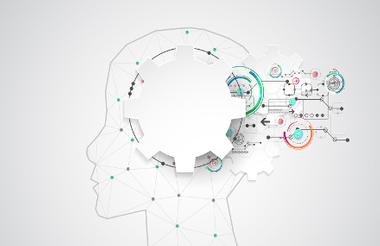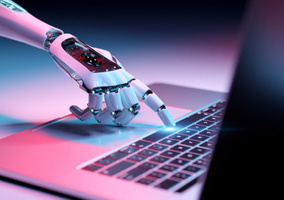More than half of small charities are using artificial intelligence (AI), according to new research.
Most respondents to a survey of 385 charities with an income of less than £1m said that they were using AI and agreed that the technology was relevant to them, but recognised that it presented challenges.
Some 35% said they need training to upskill with AI and 60% said they had poor skills and lacked capacity to engage with emerging tech trends.
Small charities said a lack of technical skills and expertise was a barrier to them making the most of AI, with 48% of respondents citing this as a concern.
A lack of training to upskill was identified as the second biggest barrier, by 34% of small charities, while 30% said they wanted their board to learn about emerging tech and AI tools.
The findings came as part of the upcoming Charity Digital Skills Report 2024, which will officially launch on 11 July and found that two-thirds of charities using AI tools for grant fundraising are small charities.
‘Game-changing potential’
Sarah Elliott, chief executive at NCVO, said: “It’s great to see so many small charities already engaging with AI, but we need to help more organisations see and realise its game-changing potential, especially for those facing significant resource pressures.
“It is important we continually explore the barriers to adoption and support small charities with the tools and skills to implement AI effectively and safely within their organisations.
“AI has the power to transform organisations facing rising demand for services and significant financial pressures.
“We are excited to support them on their journey, as we also begin ours, to implement AI technology in a way that works for them and ultimately benefits those who rely on their services.”
Hugh Milward, external affairs VP at Microsoft, said: “Generative AI has the potential to transform the impact charities can have in our communities, especially at a time when they are under pressure to deliver far more, with far less.
“Microsoft has long been committed to empowering charities with digital and AI capabilities, which are essential to helping charities make the most of the AI transformation.”
Related Articles











